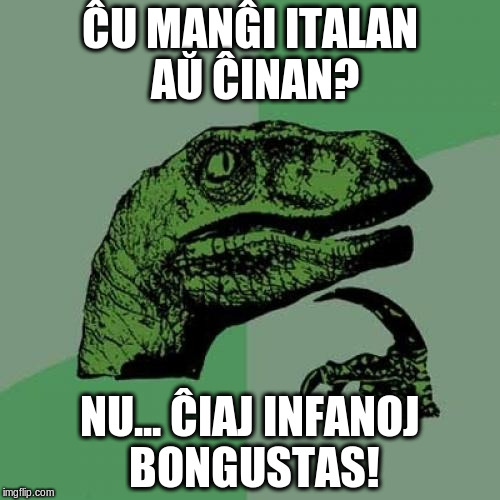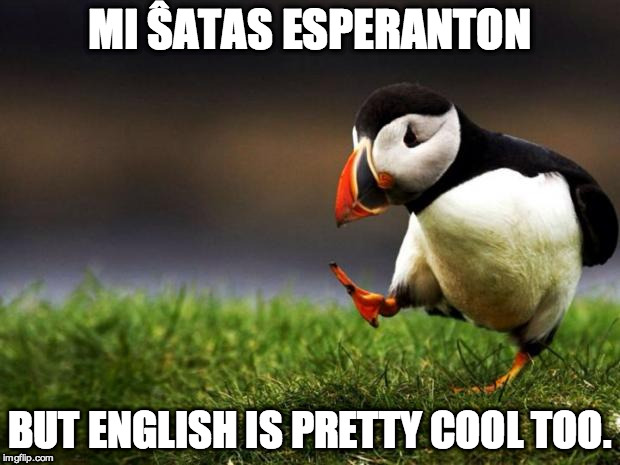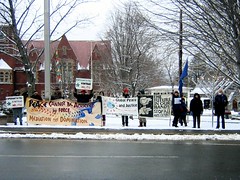Court Poetry and the Roots of Haiku
Over the holidays, I found a wonderful book at the BookMill: An Introduction to Court Poetry by Earl Miner. I've read much of the English language literature about haiku and have been aware for a long time that the roots of haiku derive from the earlier court poetry and this book provided some interesting insights.
Most of the court poetry takes the form of waka (tanka or longer poems termed chōka) and the simplistic description I had seen of tanka was not far off: a 5-7-5 part that sets the scene (from which haiku is derived) and a 7-7 part that offers an emotional response. Many of the tanka also use pillow-words (or Makurakotoba) and pivot-words (Kakekotoba) that represent idiomatic devices to express certain ideas, themes, or moods. To really understand the poetry, you need to also understand what these represent. Or, perhaps more importantly, who had used those terms previously.
From reading Bashō's haibun, A Narrow Road to the Interior, I had been aware of how many haiku were a reflection on some earlier poet or poem. Many of the places Basho visited were inspired by poems written centuries before and often echoed the subjects and language of those poets. I remember particularly, Bashō stopping by a willow tree known to Saigyō. The book acknowledges that his aesthetic was particularly important to the writers of haiku and haikai that followed. He also must have had a wicked sense of humor.
Mi rezignas ke
vizitos ajna amik'
ĉi montvilaĝon.
Kaj sen ĉi tiu solec'
estus terura loĝlok'.
-Saigyo
#tanka #esperanto
— Steven D. Brewer (@limako) January 1, 2016
I suppose it should not be a surprise to realize that many, if not most, Japanese poems, need to show awareness of the previous literature to be taken seriously. With a well-documented literature that goes back hundreds and hundreds of years, the trick is not only to experience something meaningful, but to say something new about it.
It reminds me a bit of the epiphany described in Zen and the Art of Motorcycle Maintenance. You can spend your whole career pursuing some fundamental question only discover that it was answered more than a thousand years ago — and more elegantly and definitively than you could ever have stated it. It could be enough to drive anyone crazy.
A small book can only do so much to survey a thousand years of literature, especially in the absence of the history, geography, language, and culture necessary to make sense of it all. But it was very helpful to me to articulate with what I already understood and help me fill in some gaps and add just a little bit more.





